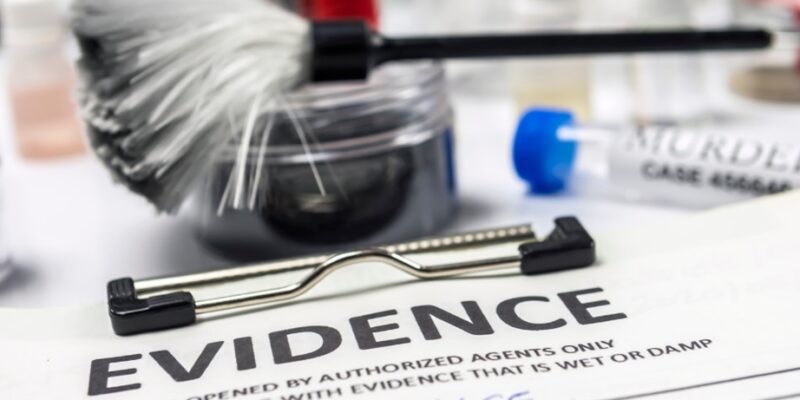Forensic evidence plays a pivotal role in building and fortifying defense strategies in criminal cases. It provides objective data that can corroborate or challenge testimonies and support various aspects of a client’s defense. A knowledgeable Minneapolis criminal lawyer can leverage forensic evidence to bolster their case’s credibility and efficiency.
The Role of Forensic Evidence
Forensic evidence includes a broad array of scientific methods and analyses applied to solve crimes. This evidence can range from DNA samples, fingerprint analysis, and toxicology reports to ballistics and digital forensics. Each type provides unique insights that can influence the direction of a case. Lawyers trained in understanding forensic evidence are equipped to interpret and present this data effectively, ensuring that it supports the overall defense strategy.
Enhancing Defense Strategies
Incorporating forensic evidence into a defense strategy involves meticulous attention to detail and a deep understanding of legal and scientific concepts. A successful case often requires collaboration between the lawyer and forensic experts who can explain technical details in an understandable way. This approach can sometimes be the difference between conviction and acquittal. It is crucial to scrutinize the evidence for any inconsistencies or procedural errors that may render it inadmissible.
Finding a Qualified Attorney
Choosing the right criminal defense attorney is essential. When seeking legal representation, make sure to explore resources on how to find a good criminal defense attorney. Understanding an attorney’s capacity to utilize forensic evidence properly can be vital in the decision-making process.
Also read: Questions to ask before hiring a criminal defense lawyer
Conclusion
Forensic evidence remains an indispensable tool in the arsenal of any accomplished criminal defense lawyer. It not only helps unearth the truth but also provides a robust foundation for advocating the client’s innocence. As the field of forensics continues to advance, its integration into criminal defense strategies will become increasingly crucial. Selecting a competent attorney who can navigate these complexities is vital in achieving the best possible outcome in a criminal case.
Frequently Asked Questions
What types of cases benefit most from forensic evidence?
Forensic evidence is particularly beneficial in cases involving violent crimes, such as homicides or assaults, where DNA, fingerprint analysis, or blood spatter can provide critical insights. However, it also plays a crucial role in digital crimes, fraud, and drug offenses, where technical data can establish a timeline or uncover hidden information.
How reliable is forensic evidence?
While forensic evidence is highly reliable, its accuracy depends on the methods used and the expertise of the individuals handling the evidence. Properly collected and analyzed forensic data can hold substantial weight in court, yet it’s essential to understand that errors can occur if procedures are not meticulously followed.
Can forensic evidence be challenged in court?
Yes, forensic evidence can be challenged based on several factors, such as the methodology employed, the qualifications of the forensic expert, or how the evidence was collected and preserved. Defense attorneys often examine these aspects to identify any potential weaknesses or errors that could benefit the defense strategy.
How can I ensure my lawyer is well-versed in forensic evidence?
To ensure your lawyer is skilled in handling forensic evidence, it is advisable to ask about their experience with similar cases and any additional training or certifications they have related to forensic science. Interviews or consultations can provide insights into their knowledge and the strategies they might employ in your defense.






Comments